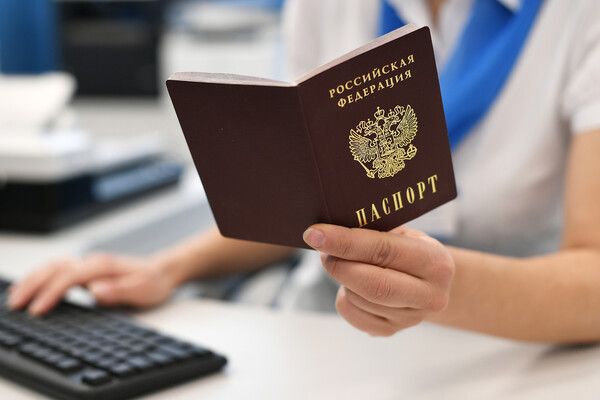Putin Greenlights 'Digital Passport' for Russians
Russian President Vladimir Putin has officially sanctioned the use of a "digital passport" for Russian citizens, paving the way for a more technologically advanced identification system. This innovative move, documented in a decree, was announced on the official legal information portal and comes in response to the growing

Russian President Vladimir Putin has officially sanctioned the use of a "digital passport" for Russian citizens, paving the way for a more technologically advanced identification system. This innovative move, documented in a decree, was announced on the official legal information portal and comes in response to the growing digital needs of the population.
Earlier this year in February, Putin expressed his endorsement for this idea during a government meeting. Maksut Shadaev, head of the Ministry of Digitization, highlighted the system's capability to, in many scenarios, allow citizens to use their smartphones in lieu of traditional ID cards. Emphasizing the immense public demand for such services, Putin stressed the need for a swift implementation.
According to a survey by New Kaspersky conducted in May and presented to Gazeta.Ru, numerous Russians already store digital images of their passports on their smartphones.
In addition, July saw Russia drafting potential reasons for denying passport issuance. There was also a proposal from a member of parliament suggesting the unification of SNILS (a personal insurance policy number) and TIN (Taxpayer Identification Number) with the passport.
However, the digital transition doesn't signify the complete phasing out of the conventional passport. Russians will have the option to voluntarily showcase their "digital passport" through the "Gosuservices" mobile application. The specific circumstances under which a citizen can use the digital passport instead of the traditional one will be outlined by the Government and the Federal Security Service within the next three months.
The Ministry of Digitization had informed Parlamentskaya Gazeta in June that the electronic version wouldn't entirely replace the main passport. It's anticipated that it would only be applicable in specific situations, such as making alcohol purchases.
Furthermore, the transition has spurred discussions regarding national identity and data security. Alexander Yushchenko, First Deputy Chairman of the State Duma Committee on Information Policy, Information Technologies, and Communications, opined that the conventional paper passport should serve as a universal document attesting to a citizen's Russian affiliation.
Data security remains a primary concern for many, including State Duma deputies. Alexander Khinshtein, chairman of the Committee on Information Policy, Information Technologies, and Communications, voiced apprehensions regarding data breaches and the potential misuse of personal information.




